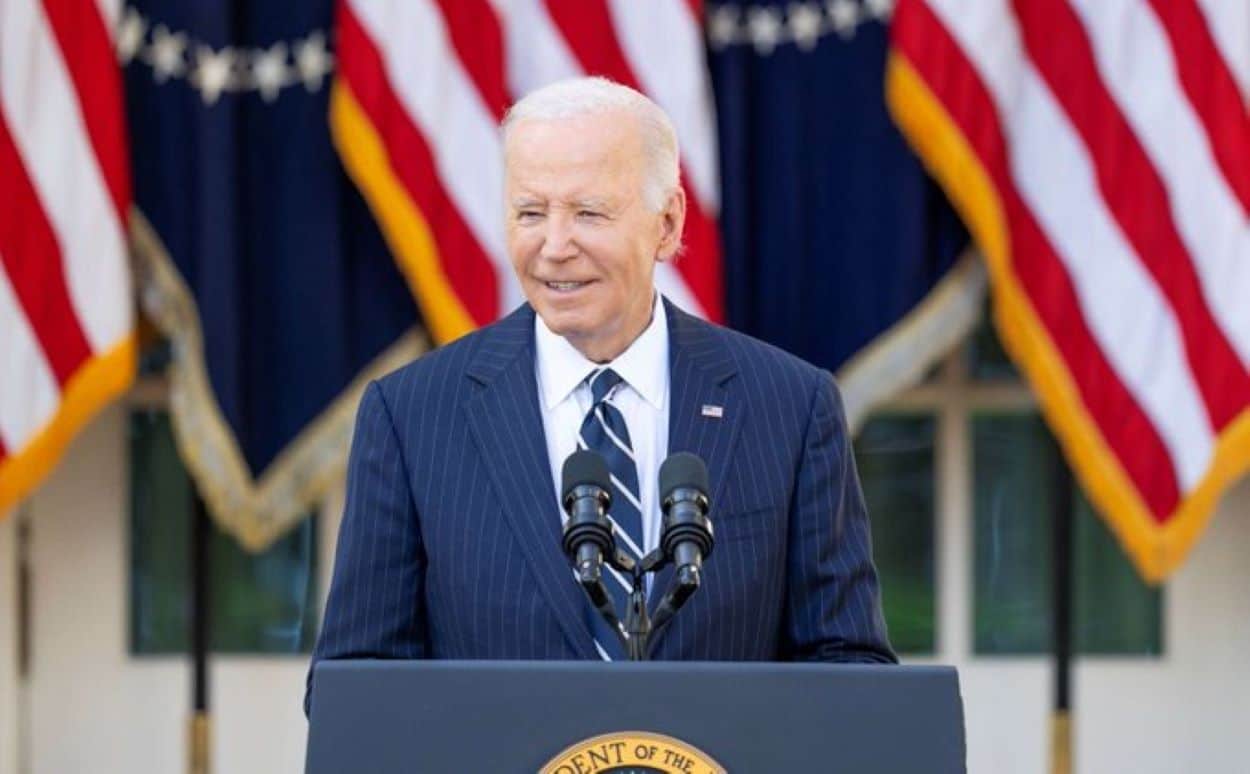President Joe Biden has blocked a controversial $14.9 billion deal that would have seen Japanese giant Nippon Steel acquire American counterpart US Steel to protect the domestic industry; this decision has led to sharp criticism and threats of legal action from the involved companies.
The merger was denied after a government panel could not reach a consensus regarding the national security risks associated with the acquisition, leading to President Biden’s final decision. This move has garnered rare bipartisan support, with Republican President-elect Donald Trump and Vice President-elect JD Vance opposing the deal. “This acquisition would put one of America’s largest steel producers under foreign control, creating risks for our national security and critical supply chains,” Biden stated in his announcement.
US President Joe Biden blocked Nippon Steel's $14.9 billion US Steel merger, citing national security concerns https://t.co/qpxxJ4Q4l9 pic.twitter.com/sxV2v8VXbR
— Reuters (@Reuters) January 3, 2025Reaction from the Steel Industry and Union
The United Steelworkers union has expressed strong support for Biden’s decision. USW International President David McCall commended the President for his “bold action to maintain a strong domestic steel industry” and his commitment to American workers.
Both Nippon Steel and US Steel have expressed their disappointment, stating that the decision “reflects a clear violation of due process and the law” and lacks credible evidence of a national security issue, implying that the decision was politically motivated. The companies have vowed to “take all appropriate action” to protect their legal rights, criticizing the review process by the Committee on Foreign Investment in the United States (CFIUS) as politically corrupted.
US President Joe Biden has opted to block Nippon Steel’s acquisition of U.S. Steel for nearly $15 billion, according to a source and a report by the Washington Post https://t.co/QMOgHIddzH pic.twitter.com/SCrTT5GYnu
— Reuters (@Reuters) January 3, 2025The decision is part of Biden’s broader strategy to reinforce the domestic manufacturing base, a key focus of his administration. However, it also potentially strains US-Japan relations, with the White House ensuring ongoing communication with Japanese officials to manage diplomatic fallout. Japan’s industry minister, Yoji Muto, expressed his disappointment, highlighting the serious implications for future Japanese investments in the U.S.






